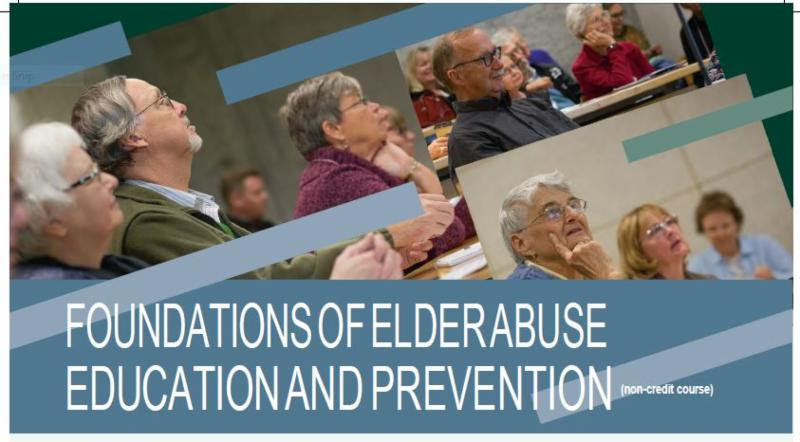Blog
- Details
Are you a committed, passionate person?
Are you looking for an opportunity to grow your skills and improve the lives of older adults in Canada?
The Canadian Network for the Prevention of Elder Abuse (CNPEA) is looking for YOU!
The CNPEA is looking for new Board Members to join its pan-Canadian Board. We are seeking candidates who are committed to supporting the prevention of elder abuse in Canada and eager to provide leadership to this growing network.
- Details
The British Journal of Social Work recently released a special issue on Elder Abuse entitled Elder Abuse and Social Work: Research, Theory and Practice.
The issue is edited by Bridget Penhale, Hannah Bows and Dr. Sarah Donnelly and all articles are freely accessible for a couple of months (no membership required). Topics covered: social work practice, financial abuse, domestic violence and elder abuse, sexual violence, social isolation etc.
- Details
CNPEA welcomes the news of the appointment of the Honourable Filomena Tassi as the new Minister of Seniors. It is tremendously encouraging to see that the Canadian government has decided to make the fastest growing age group in the country one of its focuses at last. We look forward to collaborating with Minister Tassi to help guarantee that older adults live free from abuse and neglect.
- Details

Elder Abuse Ontario is launching a new (non-credit) course on Foundations of Elder Abuse Education and Prevention.
Page 30 of 55
















